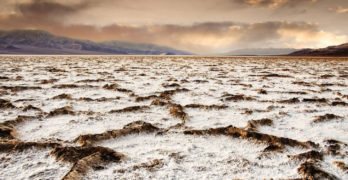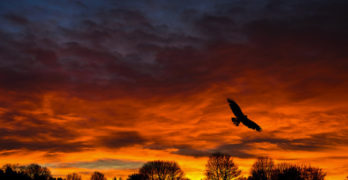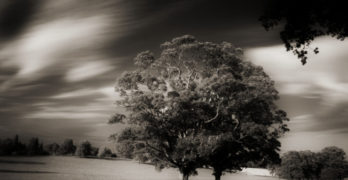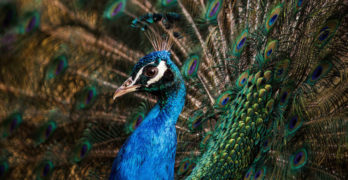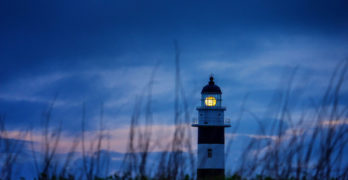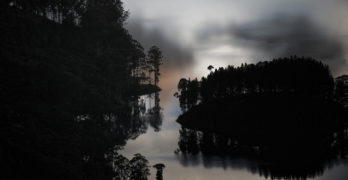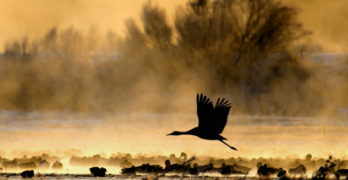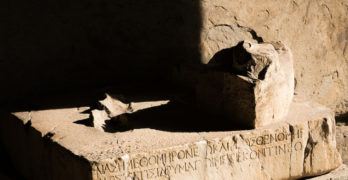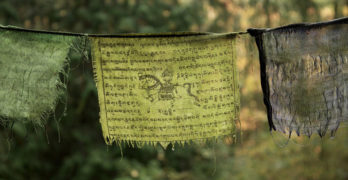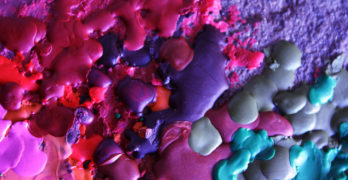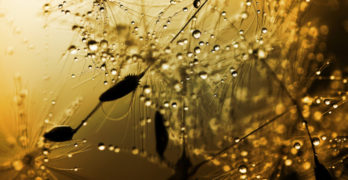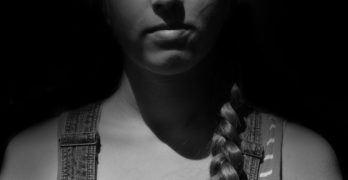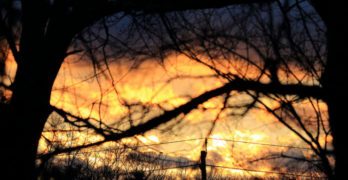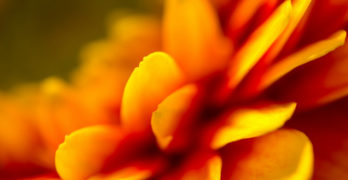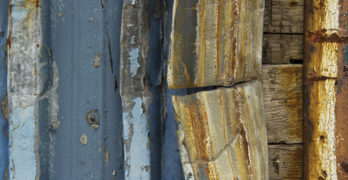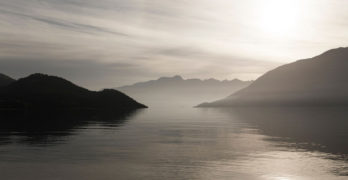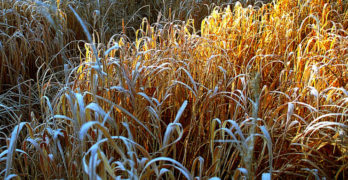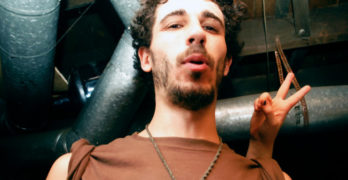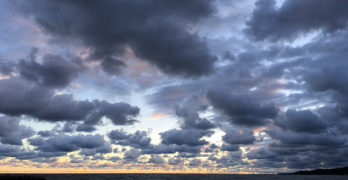Poets Scott Owens and David Chorlton might rightfully be call “poets of the land” But the lands they immerse themselves in are very different.
Poets and Poems: Jeremiah Webster and “After So Many Fires”
“After So Many Fires” by poet Jeremiah Webster brings us into a different landscape different from many contemporary collections – a landscape of hope.
The Poem as Modern Myth: “Evangeline” by Henry Wadsworth Longfellow
“Evangeline” by Henry Wadsworth Longfellow resurrected an almost forgotten event in Canadian and American history and helped shaped a regional people.
A Legend in Iran: The Poems of Shamseddin Hafez
Shamseddin Hafez, a contemporary of Chaucer, is still considered the greatest poet of Iran, and even taxi drivers sing his ghazals.
Our Best-Known Patriotic Poem: Longfellow Visits a Church
Henry Wadsworth Longfellow climbed the stairs of the Old North Church tower in Boston in April, 1860; the result was America’s best-known patriotic poem.
Tales of the First Age: “Beren and Luthien” by J.R.R. Tolkien
“Beren and Luthien” by J.R.R. Tolkien is the latest story edited by his son and literary executor Christopher Tolkien, and one of the earliest he wrote.
“The Whole Harmonium: The Life of Wallace Stevens” by Paul Mariani
In “The Whole Harmonium,” biographer and poet Paul Mariani tells the story of Wallace Stevens, poet, philosopher, insurance executive, and family man.
Poets and Poems: Mischa Willett and “Phases”
Filled with flashes of deep insight, “Phases” by poet Mischa Willett covers subjects as diverse as classical antiquity and old girlfriends.
A Small Volume of Essays, A Larger World of Poetry
A book of essays first published in 1916 provides a window into poetry and its practitioners, as well as how poetry was taught in classrooms.
The Pulitzer Prize for Poetry: “Olio” by Tyehimba Jess
The Pulitzer Prize-winning poetry collection “Olio” by Tyehimba Jess bends poetry our of its familiar groove to tell a story few Americans know.
The James Laughlin Award: Mary Hickman and “Rayfish”
The 15 ekphrastic poems in “Rayfish” by Mary Hickman, honored with the James Laughlin Award, explore culture and its meaning.
The Walt Whitman Award: “Afterland” by Mai Der Vang
In “Afterland,” winner of the Walt Whitman Award, poet Mai Der Vang explores what happened to the Hmong people after the Vietnam War.
Poets and Poems: Denise Riley and “Say Something Back”
“Say Something Back” by British poet Denise Riley considers the ways we do and don’t communicate, almost a plea to listen and hear each other.
Poetry and World War I: It Wasn’t Only England
“Everything to Nothing” by Geert Buelens provides a fascinating look into the breadth and depth of the role poetry played in World War I.
Poets and Poems: Barbara Crooker and “Les Fauves”
“Les Fauves,” the newest collection of poetry by Barbara Crooker, is inspired by the paintings of the Fauvism movement, especially those of Henri Matisse.
Poets and Poems: Dave Malone and “You Know the Ones”
Dave Malone may write about his beloved Missouri Ozarks, but the poems he writes are universal, and about family, friends, and geography.
Art and Poetry: “A Wider Landscape” by Donald Wilkinson
The paintings of artist Donald Wilkinson evoke the landscape and poetry of William Wordsworth, so much so that landscape and poetry become one.
Poets and Poems: Bernard O’Donoghue and “The Seasons of Cullen Church”
“The Seasons of Cullen Church” by Bernard O’Donoghue is moving and soul-searching, an exploration of the memories that make a life.
Poets and Poems: Kate Tempest and “Let Them Eat Chaos”
“Let Them Eat Chaos” by Kate Tempest is a long poem written to be read aloud, and it blows up the boundaries between poetry and performance.
“Mariner: A Voyage with Samuel Taylor Coleridge” by Malcolm Guite
In “Mariner: A Voyage with Samuel Taylor Coleridge,” Malcolm Guite tells the story of the poet’s life through the words and themes of his most famous poem.
